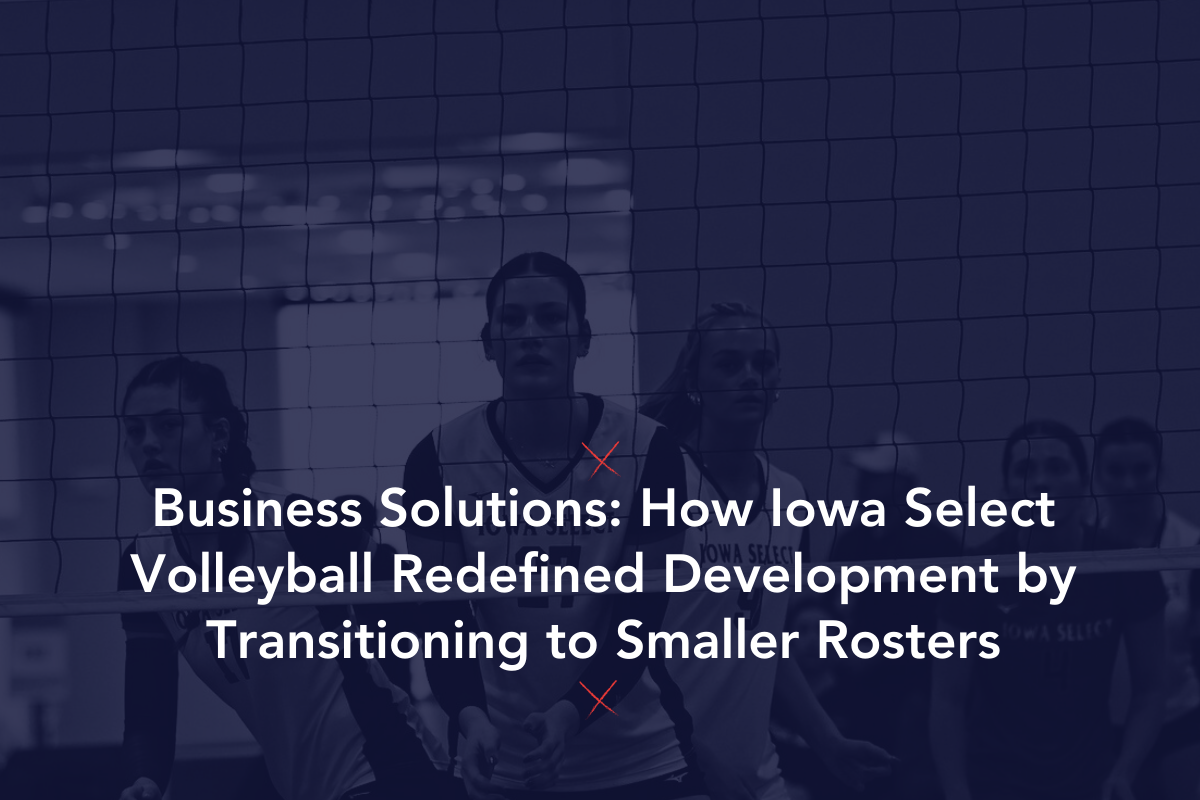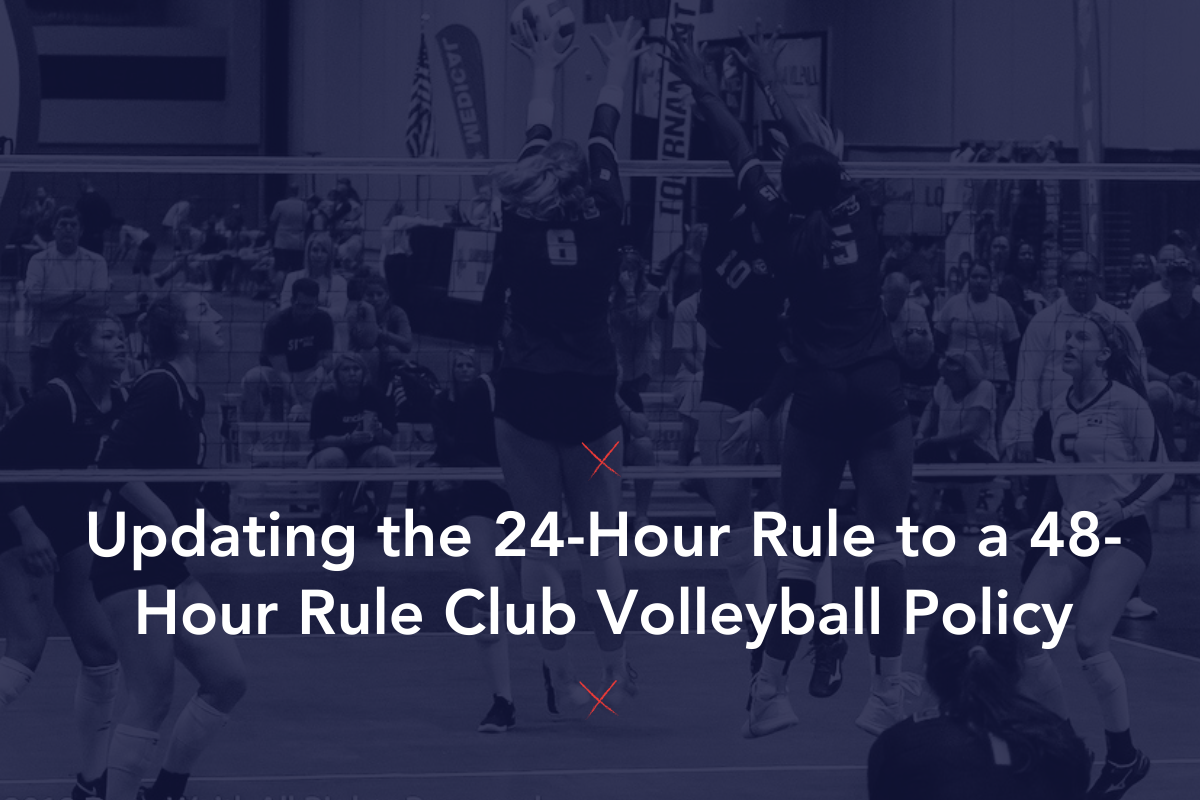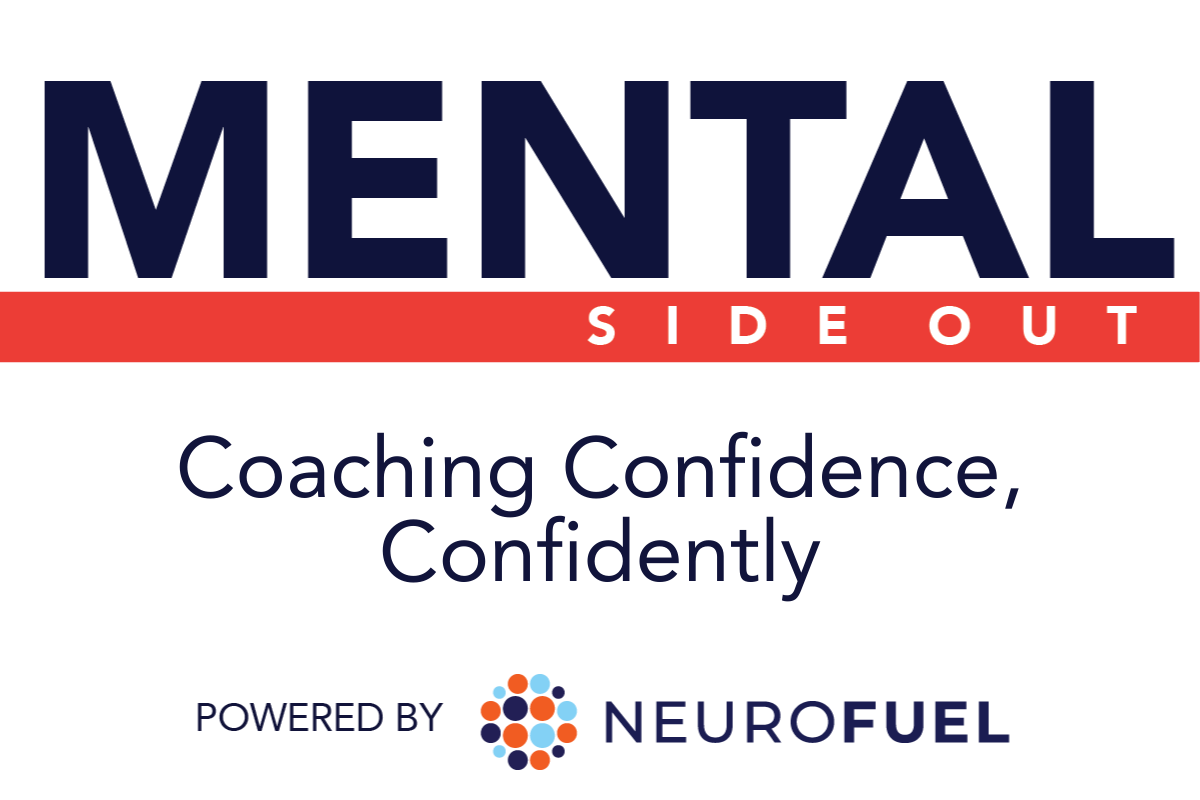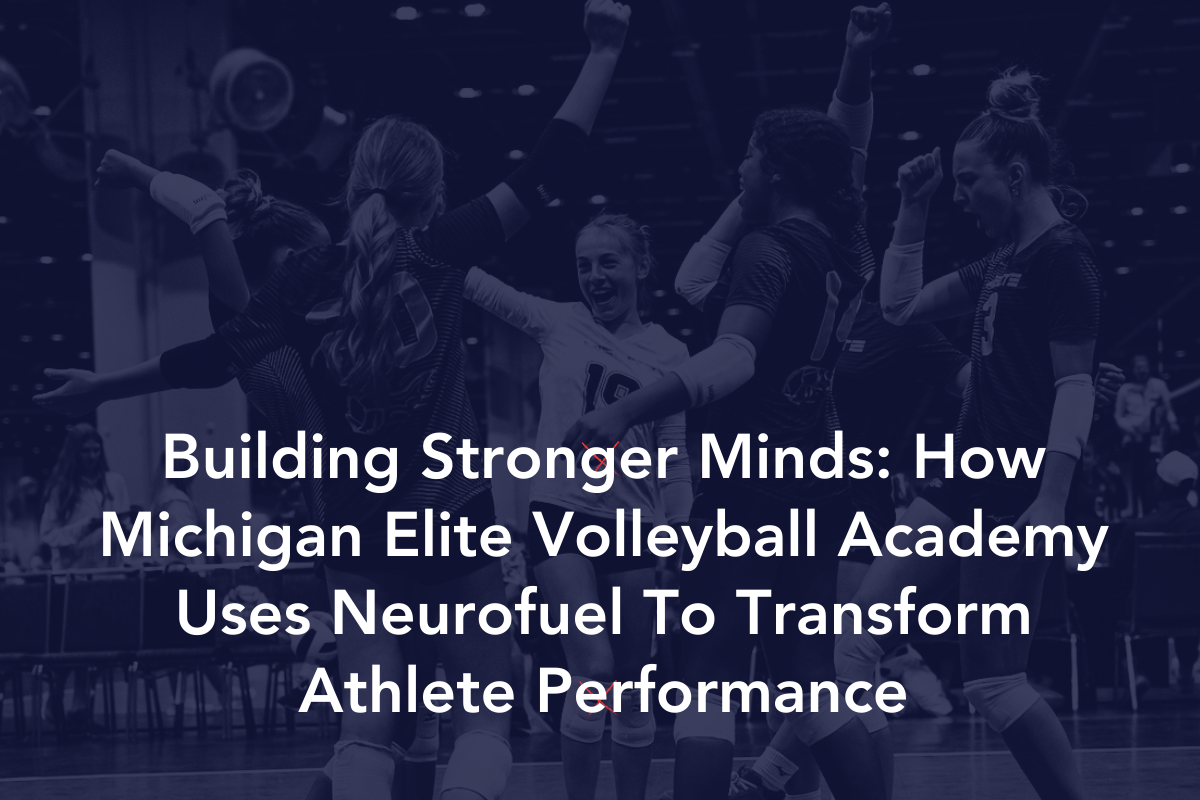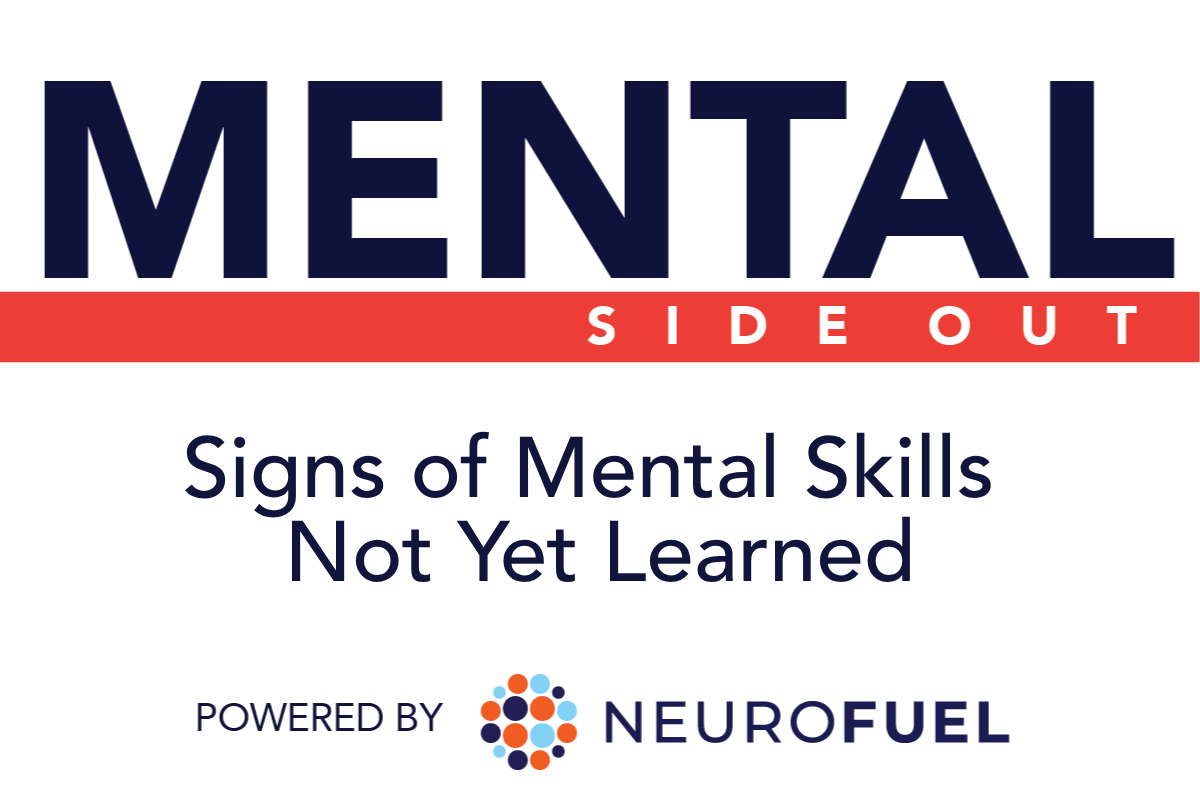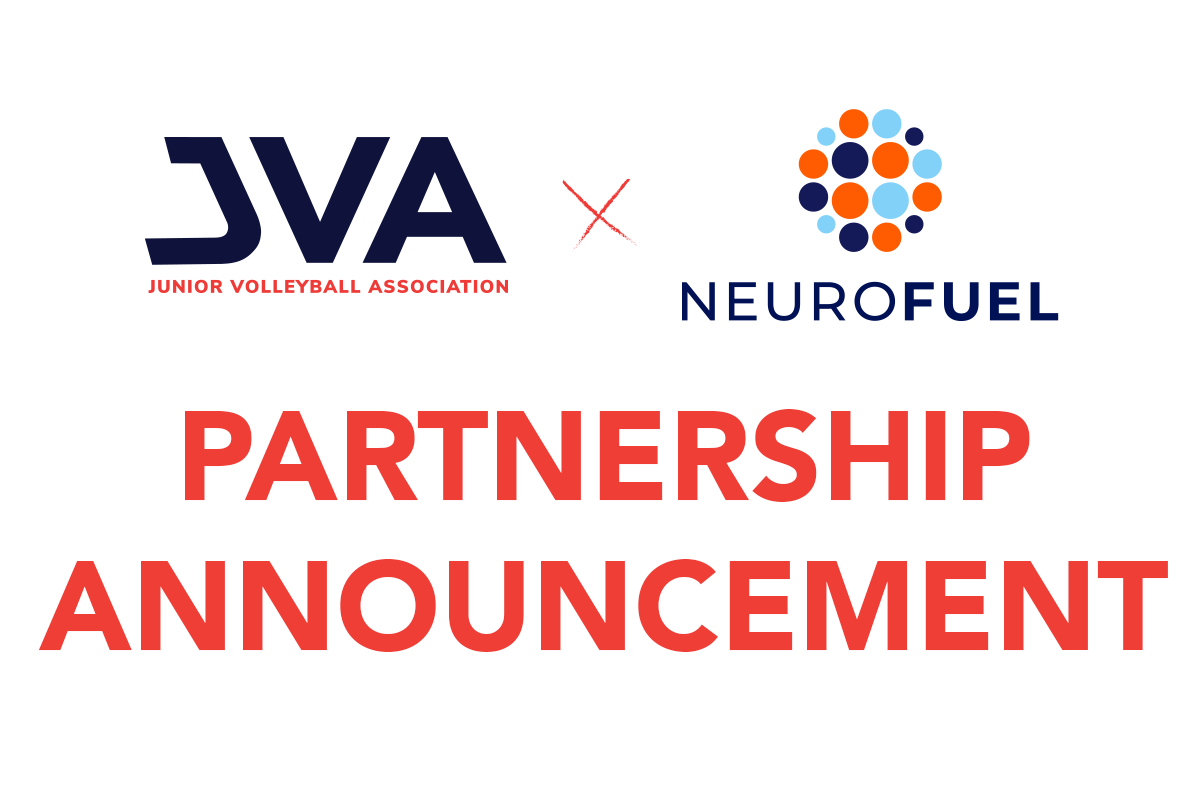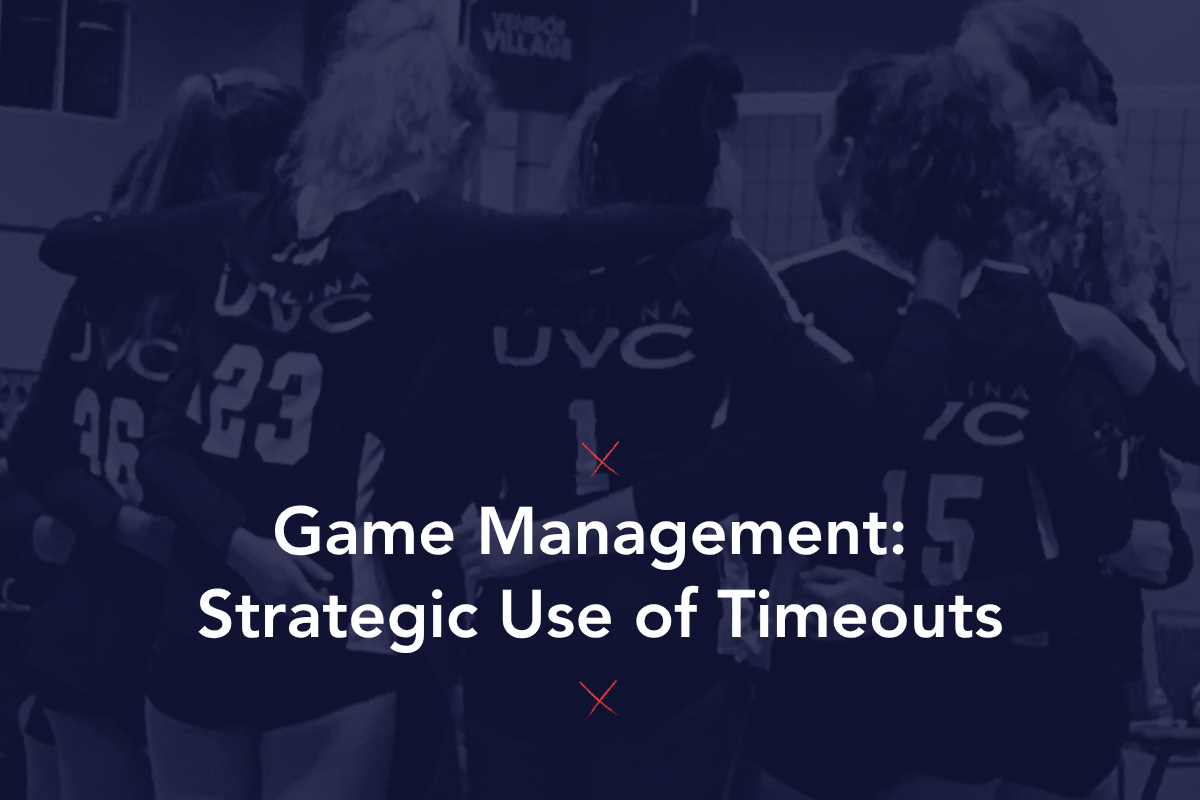Being a youth volleyball athlete is a difficult task to manage. While others have time after school, athletes are rushing to change to attend practices. On weekends, some are bringing their backpacks to tournaments so they can work on school during breaks. They are sending emails to their teachers from their phones while in the car to ask what they can do about missed assignments due to excused absences. All of these tasks require them to be multi-focused in a world that is constantly demanding their attention.
In addition to the competing goals of school and sport, they have the demands of their social lives to consider. Creating meaningful relationships and forming identity are two of the primary psychological goals of a developing adolescent. Sport fosters a sense of belonging that adolescents crave during these trying times, but they also must create and manage healthy relationships outside of sport, which further pulls attentional resources from other areas of life.
This world demands athletes self-regulate at higher levels than they have before.
What is Self-Regulation?
Self-regulation is the ability to prepare, perform, and reflect in an adaptive manner (Zimmerman, 2002). This means setting goals, paying attention to strategies during performance, and considering what worked and what did not work so to make better choices next time. Life experiences (those within volleyball and outside of sport) sometimes allow some athletes to have honed these skills better than others. However, all athletes can benefit from specific self-regulatory strategy coaching.
Why Coach Self-Regulation?
Multiple psychological studies have shown the benefits of self-regulation coaching for youth athletes on performance and mental wellbeing. Self-regulating appropriately can help multiple aspects of performance, such as perceived exertion, pacing, sports task performance, and the regulation of persistence (Wagstaff, 2014). Players that are encouraged to self-regulate through coaching have been found to optimize their own planning and succeed in subsequent performances related to their goals (Collins & Durand-Bush, 2014; Locke & Latham, 1985). Self-regulation is also strongly linked to feelings of belonging and team cohesion (Walseth, 2006). In general, self-regulation coaching can help athletes perform well, feel like they are an integral part of their team, and provide them with transferable life skills that can help them on the court, in their classrooms, and beyond.
3 Phases of Self-Regulation According to Zimmerman’s (2002) model
There are three basic phases of self-regulation. These are forethought, performance, and reflection. The model is cyclical, meaning that each phase informs the next. How an athlete considers their goals in forethought informs how they perform, how they perform influences how they reflect, and how they reflect informs how they set goals in the future.
- Forethought includes the actionable tasks of goal setting and strategic planning. Athletes who self-regulate effectively set specific short term goals for each practice as well as long term goals related to upcoming games and tournaments. Team goals are also important to set, but encouraging athletes to set individual goals can allow them to pay attention to the strategic aspects of their own performance. Strategic planning is essential for athletes to feel they have control over the outcomes of their goals. In a world where control is limited, giving athletes the ability to consider what they can do, or even just pay attention to, in order to achieve their goals gives them the opportunity to exercise control over the task.
- Performance includes the actual attempt to achieve the goal set in forethought. Performance does not necessarily mean the actual long-term tournament or game. Instead, performance means the practices that lead up to the tournament. Each of these is a performance opportunity that gives athletes information about their progress towards their goals. There are many strategies for effective performance that coaches are already experts on, however, a few others that have been found to be effective in performance are self-control strategies and self-observation strategies (Zimmerman, 2002). These strategies include encouraging visualization, articulating or explaining movements, self-recording their progress through video or journaling, and self-experimentation with selecting independent practice strategies to help them achieve their goal. For more information, see more about Barry Zimmerman’s model.
- Reflection includes the opportunity to exercise self-judgement over performances. Self-judgement is not necessarily a negative thing; in our lives we hear ‘judgement’ and think of it as something that we should avoid. In this context, judgement is a valuable tool that offers athletes the ability to control their own thinking and reflections around their goals. Encouraging fair judgements about progress can help athletes make more appropriate goals and stay task-oriented instead of internalizing negative emotions in the face of failure. Good self-judgement encourages athletes to use failure as an opportunity to learn. Often, coaches use tools like reflection journals or accountability partners to give athletes the opportunity to reflect on their performance and consider what they can do in the future to continue working towards success.
Modeling Self-Regulation
Athletes do not need to be directly lectured in a classroom setting in order to learn to self-regulate. Instead, the best way to learn is through practice itself and by using the language of self-regulation to help athletes develop a vocabulary around constructs that they might already be using, and calls attention to skills that athletes may need to develop. Naming a task often has power within itself.
There are natural places in practice where coaches already encourage effective self-regulation. I have had the opportunity to work with wonderful coaches where I see self-regulatory talk during each available opportunity. Some of these natural opportunities to use the language and example anchors to guide self-regulatory thinking are outlined in the guide below. The main ‘names’ for each task are in bold and italics above. Using even just these names consistently can help guide athletes towards self-regulatory thinking. The anchors beneath the name of the task identify some strategies that fit within each category of language.



As a note to our already overworked coaches with time frame limitations: There is no need to incorporate every aspect of self-regulatory thinking in one practice. That is overwhelming for you and for your athletes when you already have many competing tasks in front of you. Instead, use these as occasional anchors when you see fit. This language is simply more tools for your kits when you find them appropriate. You are the experts of your domain and will know best when to use these with your team. Keep it up! You are doing important work that is helping your players in more ways than one. Thank you for working to create well-rounded and thoughtful humans on the court and off. I’d love to hear from YOU! What are some ways that you guide self-regulatory thinking with your athletes? Share with me at mindsetcoachlauren@gmail.com
Self Regulatory Guide for Coaches
Mental Health Guidance and Resources for Coaches, Athletes, and Parents
Additional Mental Training resources.
About the Author
Lauren Pierce is a Performance Consultant for athletes, coaches, and players in Tucson, AZ. She is currently a Mindset Coach for Club Cactus Juniors Volleyball, a JVA member club, and holds her PhD in Educational Psychology where she studies aspects of team and individual motivation. Lauren grew up playing sports and continues to compete at the elite level in obstacle course racing. Her time as an athlete and coach motivated her to pursue research applications related to ‘the mental game’. The passion and commitment of the athletes and coaches that she has worked with inspired her to continue her work by developing a mental performance program as she pursues future research and teaching in academia.



